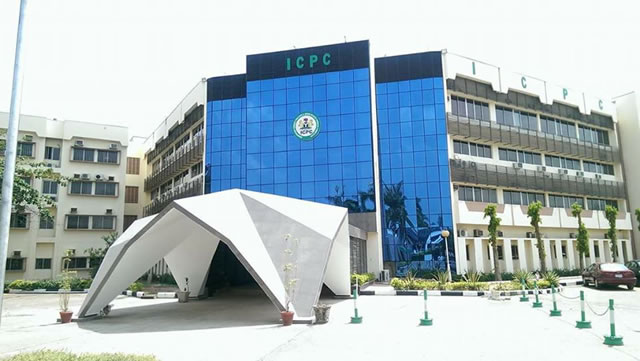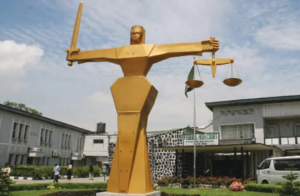
The Federal High Court in Abuja, Nigeria, has limited the Independent Corrupt Practices and Other Related Offences Commission’s (ICPC) authority to freeze bank accounts under suspicion to a maximum of 72 hours without judicial approval.
In a ruling on Monday, Justice James Omotosho declared that the provision in the ICPC Act, allowing account freezes for up to one year, was “totally unreasonable” and posed a risk of abuse of power.
The lawsuit, filed by the Lawyers Network Against Corruption (LNAC), challenged the ICPC’s practice of freezing accounts and withholding assets without obtaining court orders. Represented by Abuja-based lawyer Ezenwa Anumnu, LNAC argued that such actions violated constitutional rights and inflicted undue hardship on innocent Nigerians.
Justice Omotosho emphasized the importance of due process, referencing Section 36 of the Nigerian Constitution, which guarantees fair hearing. He stated that freezing accounts for extended periods without judicial oversight undermines citizens’ rights to property ownership under Section 44.
“The law must strike a balance between combating corruption and protecting citizens’ rights. Freezing an account for up to one year is totally unreasonable and likely to result in abuse of power,” the judge ruled.
Under the judgment, the ICPC Chairman is authorized to freeze suspicious accounts for up to 72 hours but must seek court approval to extend the freeze during ongoing investigations.








